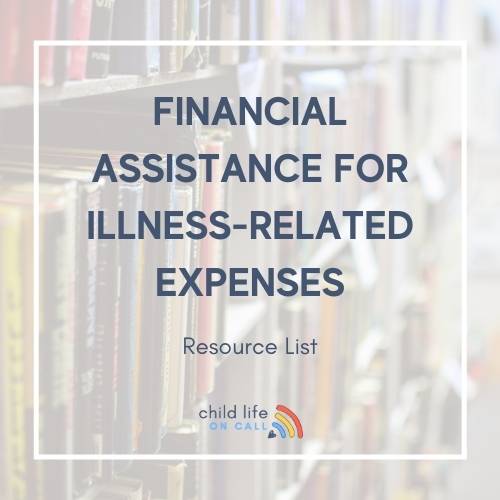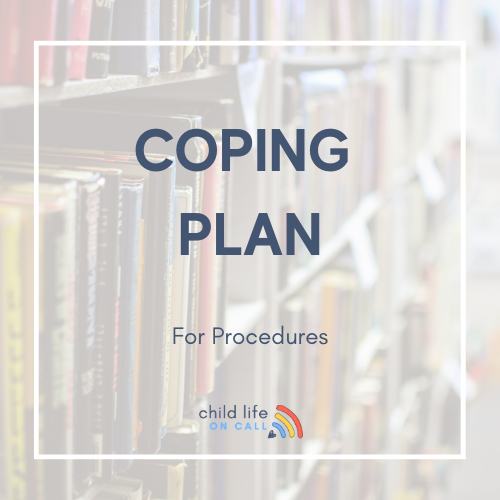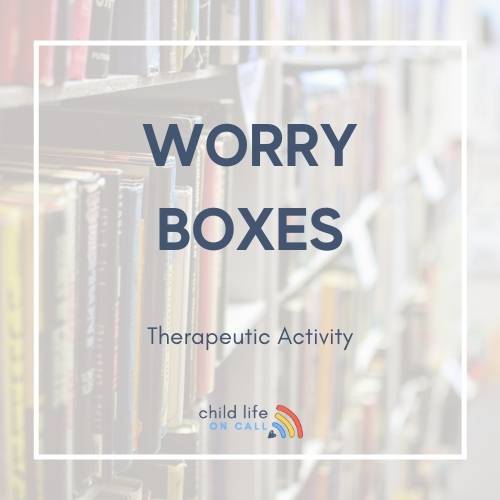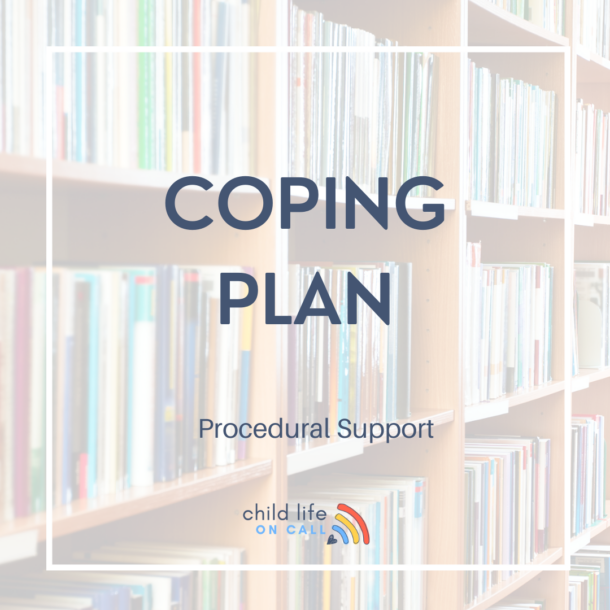It’s no secret that kids are not little adults. They’re growing and developing, both physically and emotionally. And their bodies are still maturing, which means they respond to illness and injury differently than adults do. That’s why hospitals have different rules and regulations for the care of children.
In this blog post, we’ll take a look at some of the reasons why children receive different treatment in the healthcare setting. We’ll also explore how this affects the bottom line for hospitals and what steps can be taken to ensure that all patients receive the best possible care.
Different Needs Mean Different Treatment
It’s important to remember that children are not simply miniature adults.
Their bodies are still developing and they haven’t yet reached full physical maturity. This means that they require different medical treatment than adults do, both in terms of the type of care they need and the manner in which it is delivered.
Different Emotional Needs Mean Different Treatment
It’s not just the physical differences between children and adults that must be taken into account in the healthcare setting. There are also emotional differences that must be considered. Kids can often feel scared and alone when they’re in the hospital, especially if they don’t have any family or friends with them.
This is why hospitals make a special effort to create an environment that is kid-friendly and comforting. From colorful waiting rooms to play areas, hospitals work hard to make sure that kids feel as relaxed as possible during their stay. And when it comes to treatment, doctors and nurses take extra care to ensure that kids understand what is happening every step of the way.
Different Psychosocial Needs Mean Different Support
The psychosocial growth and development of the child require special attention that is provided by child life services. The goal of child life services is to provide a normalized and comfortable environment for patients and their families, while also helping them feel at ease during their hospital stay. Child life specialists make sure the pediatric patient has all they need from toys that will keep them entertained as well as snacks in case anyone gets hungry or wants something else other than food after being abandoned by parents who are too busy with work/other things around home such lack interest etc…Workers also assist families through tough times including giving emotional support when needed most which can be especially helpful during grief periods following losses like deaths due accidents
It’s not just the physical differences between children and adults that must be taken into account in the healthcare setting. There are also emotional differences that must be considered. Kids can often feel scared and alone when they’re in the hospital, especially if they don’t have any family or friends with them. That’s why child life services are such an important part of healthcare. Child life specialists work to reduce fear and anxiety in child patients by providing age-appropriate play, education, and support. They also advocate for the child’s needs and provide resources to families. As a result, child life services play a vital role in promoting the emotional well-being of child patients and their families.
The Bottom Line: Quality Care For All Patients
Treating children in the healthcare setting is important not just for their health but also for the bottom line of hospitals. When kids receive high-quality care, they’re more likely to recover quickly and suffer fewer complications. This leads to shorter hospital stays, which frees up beds for other patients who need them.
It’s also important to remember that delivering quality care to all patients – regardless of age – is simply the right thing to do. Everyone deserves access to quality healthcare, and that includes kids. By making sure that children receive the best possible care in the healthcare setting, we can ensure that all patients receive the quality care they deserve.













